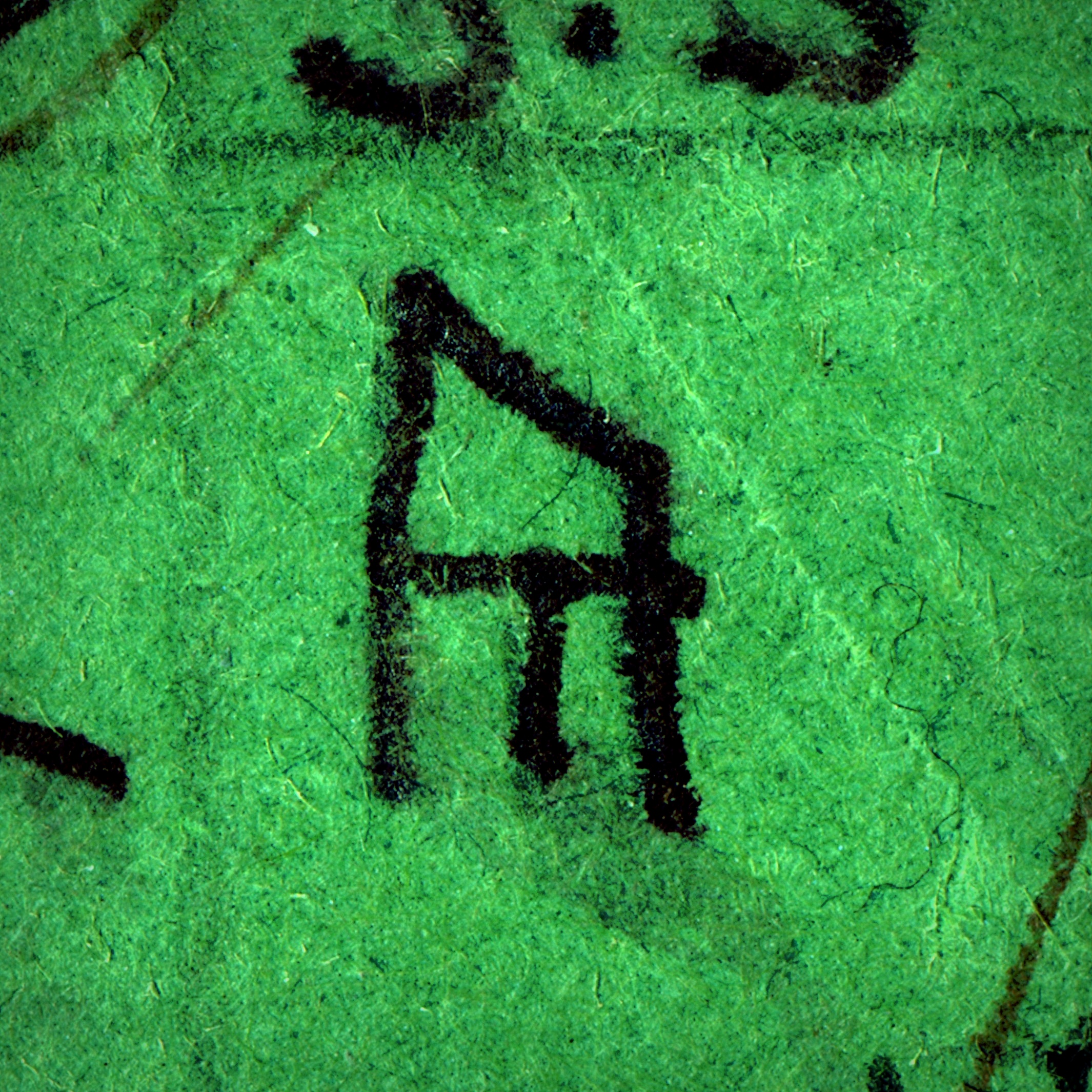 Say something. Go ahead, you heard me, say it and listen to yourself. Now say it about a hundred years ago. Hear it? You can hear it. Different. Speech sounds change. Accents change. You’ve changed. You think you sound the same but go back home after some distance and they’ll tell you different. And they’ll tell it to you differently. English has changed, big time, my God it’s different. It’s old. It’s medieval. Let’s think of a famous medieval person, to see how old. Somebody with a real mark of distinction. Dante. Dante Aligheri. He finished writing the Divine Comedy in 1320. He’s really really old, hundreds of years. Think of this, in this current moment we are closer in years to Dante than he was to the start of Old English. And from the Rune Poem to us he’s in the middle of the path of life. Not the runes, they’re even older, the … More
Say something. Go ahead, you heard me, say it and listen to yourself. Now say it about a hundred years ago. Hear it? You can hear it. Different. Speech sounds change. Accents change. You’ve changed. You think you sound the same but go back home after some distance and they’ll tell you different. And they’ll tell it to you differently. English has changed, big time, my God it’s different. It’s old. It’s medieval. Let’s think of a famous medieval person, to see how old. Somebody with a real mark of distinction. Dante. Dante Aligheri. He finished writing the Divine Comedy in 1320. He’s really really old, hundreds of years. Think of this, in this current moment we are closer in years to Dante than he was to the start of Old English. And from the Rune Poem to us he’s in the middle of the path of life. Not the runes, they’re even older, the … More
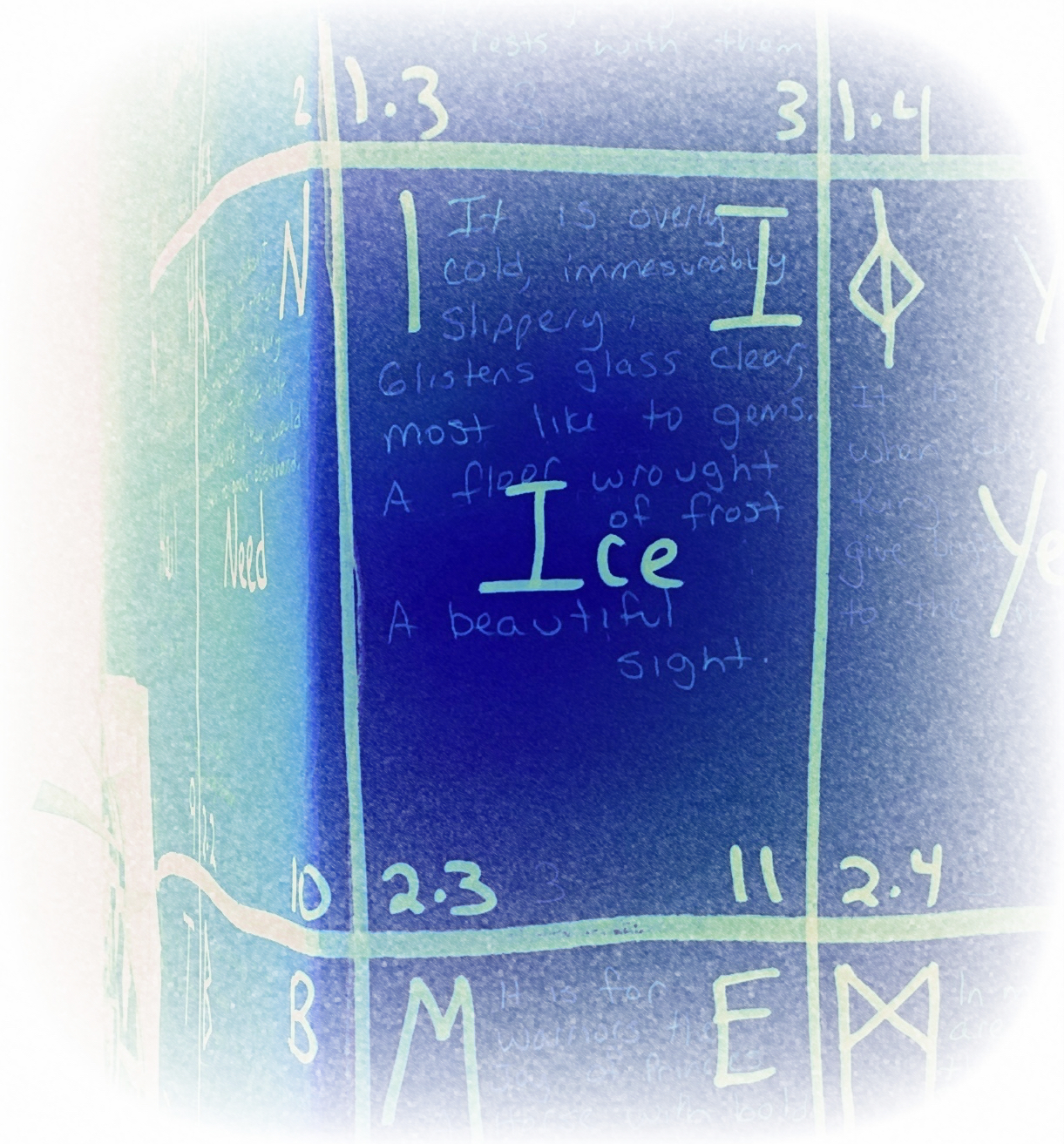
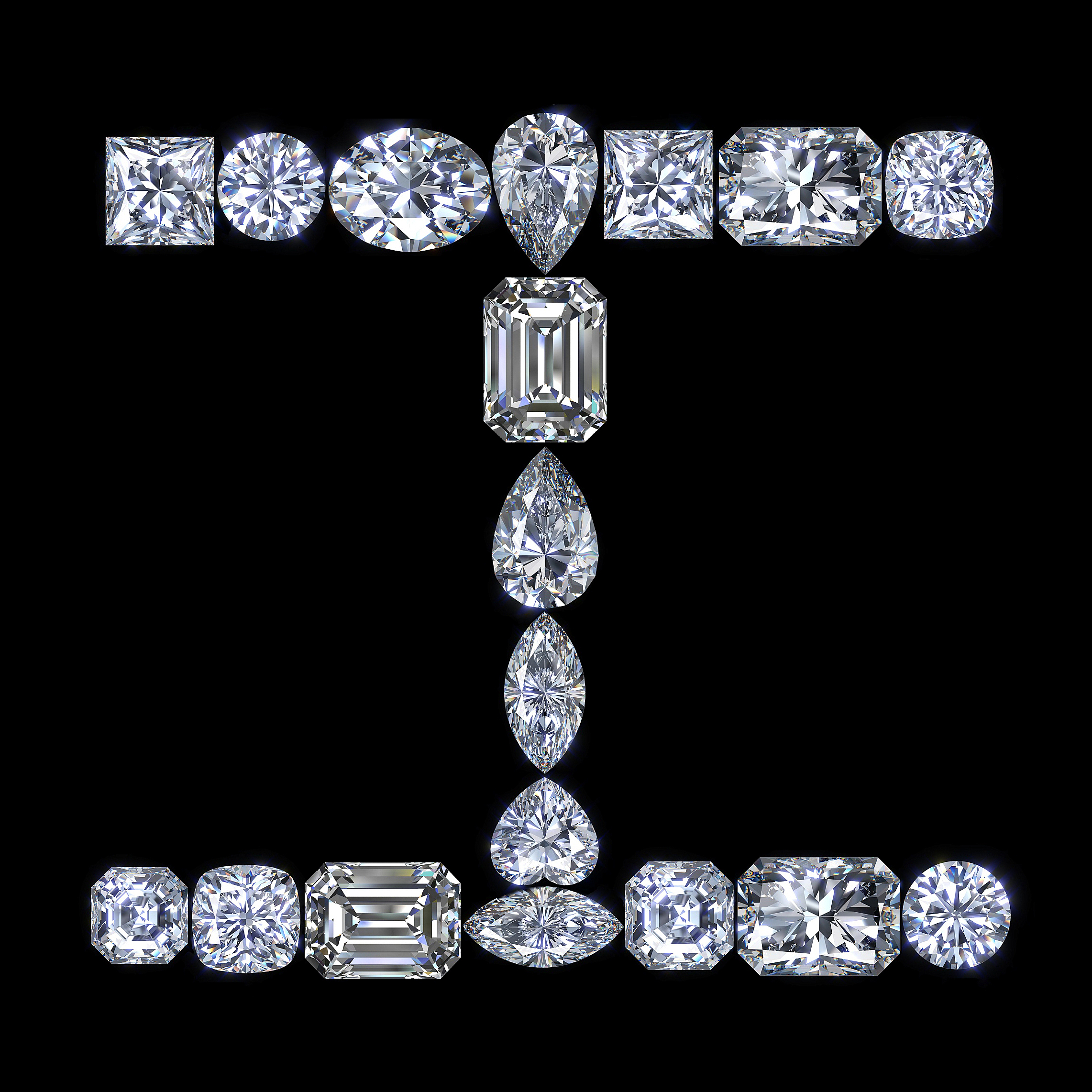

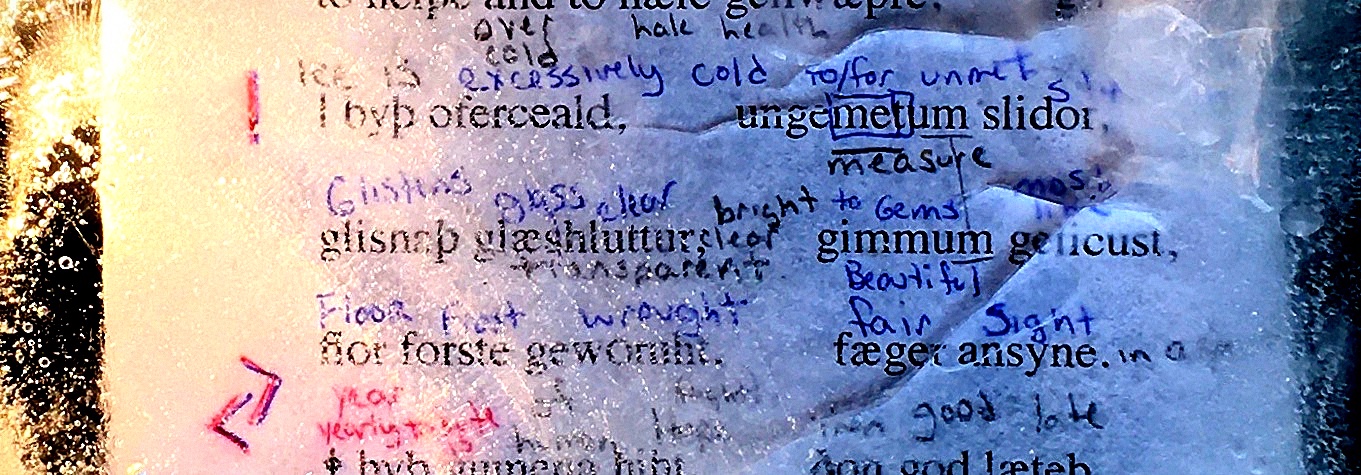
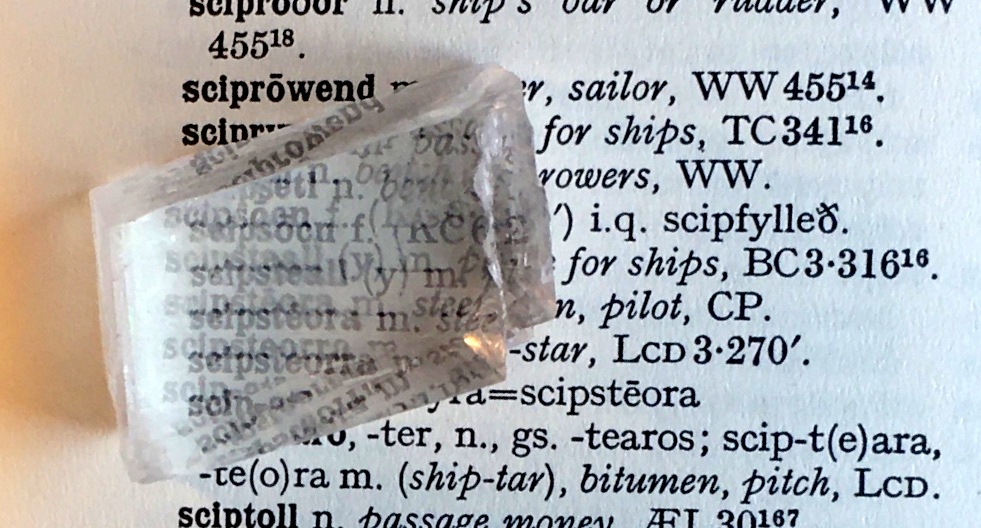 It’s one thing to get from place to place by boat if you can keep an eye on the coastline the entire time. But if you want to cross the open sea without GPS, you will need some sort of instrument for navigation. Magnetic compasses are nice, but mariners at the time of the Rune Poem did not have them. With a watch they could have pointed the little hand at the sun and halfway between it and the 12 will be south. They had no watches. They had sticks and the sun, with that they could find direction easily enough, the shortest shadow of the day points south, and the shadow will move in an easterly direction as the sun tracks west. This works beautifully for navigating on land, land does not pitch and roll under your feet, sending shadows in every direction. It’s a different thing
It’s one thing to get from place to place by boat if you can keep an eye on the coastline the entire time. But if you want to cross the open sea without GPS, you will need some sort of instrument for navigation. Magnetic compasses are nice, but mariners at the time of the Rune Poem did not have them. With a watch they could have pointed the little hand at the sun and halfway between it and the 12 will be south. They had no watches. They had sticks and the sun, with that they could find direction easily enough, the shortest shadow of the day points south, and the shadow will move in an easterly direction as the sun tracks west. This works beautifully for navigating on land, land does not pitch and roll under your feet, sending shadows in every direction. It’s a different thing 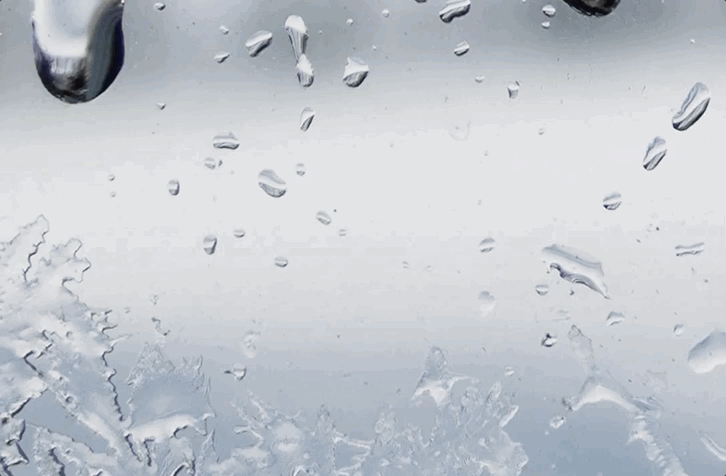 Cool it. Put it on ice baby love. Call an end to the hostilities and chill. You want to keep fighting this same fight? What are you battling exactly?
Cool it. Put it on ice baby love. Call an end to the hostilities and chill. You want to keep fighting this same fight? What are you battling exactly? 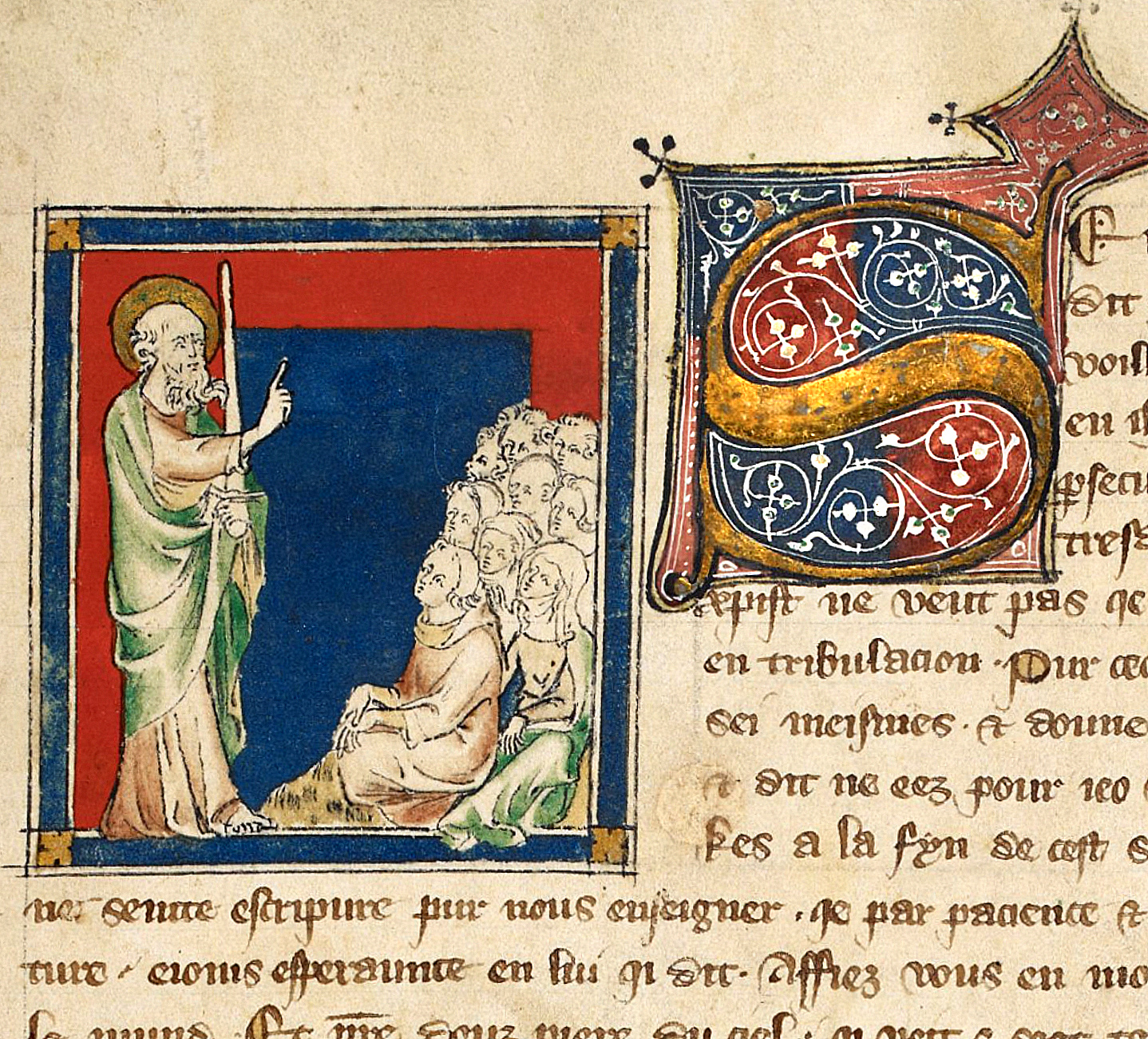
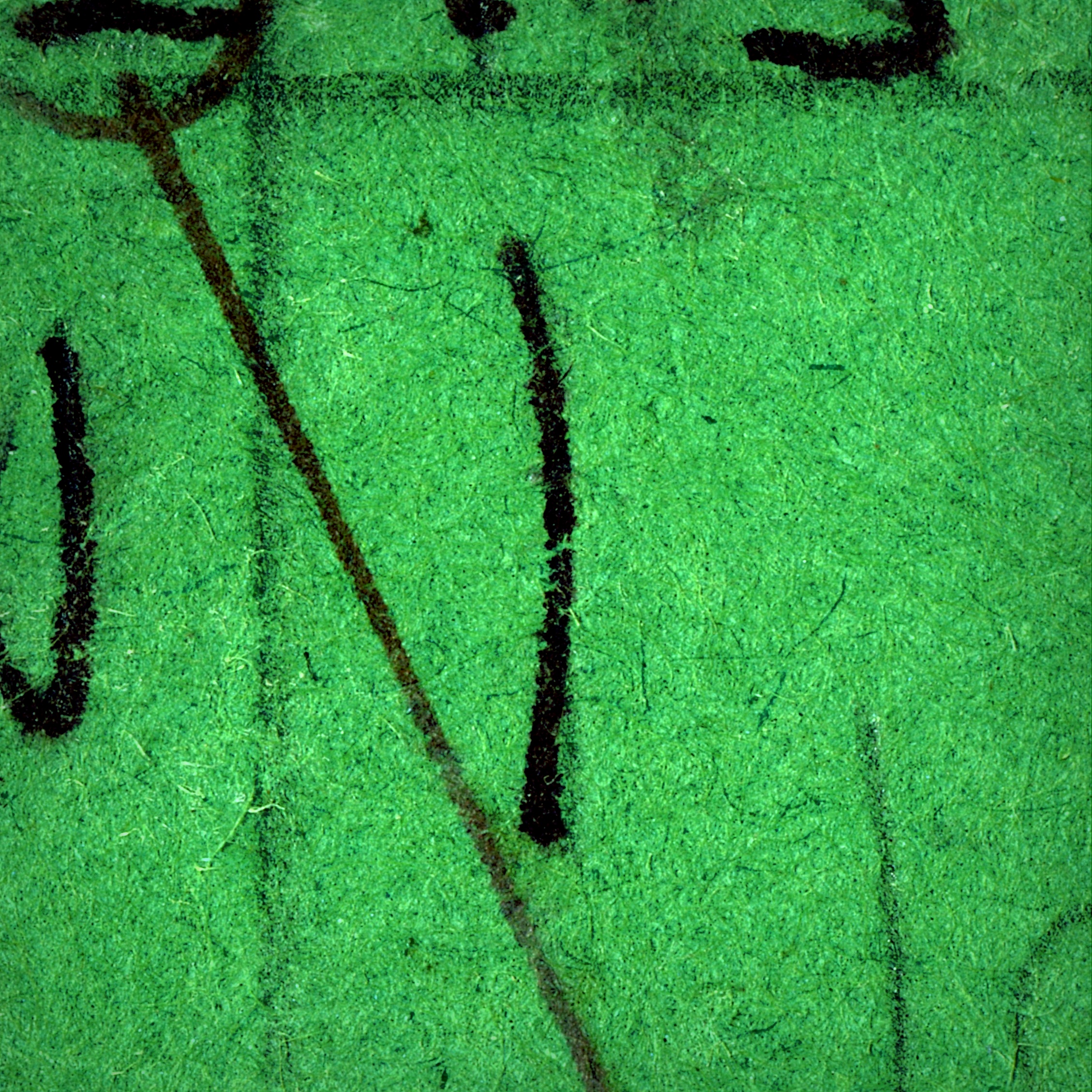 Vowel, high (mouth slightly open) front (tongue forward) unrounded lax (lips) = bit, unrounded tense = bite. Don’t bite your lips. I and Y were very similar in Old English,
Vowel, high (mouth slightly open) front (tongue forward) unrounded lax (lips) = bit, unrounded tense = bite. Don’t bite your lips. I and Y were very similar in Old English, 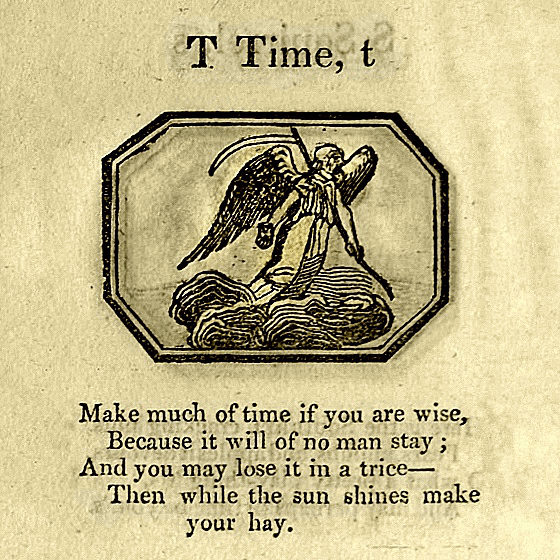
 Say something. Go ahead, you heard me, say it and listen to yourself. Now say it about a hundred years ago. Hear it? You can hear it. Different. Speech sounds change. Accents change. You’ve changed. You think you sound the same but go back home after some distance and they’ll tell you different. And they’ll tell it to you differently. English has changed, big time, my God it’s different. It’s old. It’s medieval. Let’s think of a famous medieval person, to see how old. Somebody with a real mark of distinction. Dante. Dante Aligheri. He finished writing the Divine Comedy in 1320. He’s really really old, hundreds of years. Think of this, in this current moment we are closer in years to Dante than he was to the start of Old English. And from the Rune Poem to us he’s
Say something. Go ahead, you heard me, say it and listen to yourself. Now say it about a hundred years ago. Hear it? You can hear it. Different. Speech sounds change. Accents change. You’ve changed. You think you sound the same but go back home after some distance and they’ll tell you different. And they’ll tell it to you differently. English has changed, big time, my God it’s different. It’s old. It’s medieval. Let’s think of a famous medieval person, to see how old. Somebody with a real mark of distinction. Dante. Dante Aligheri. He finished writing the Divine Comedy in 1320. He’s really really old, hundreds of years. Think of this, in this current moment we are closer in years to Dante than he was to the start of Old English. And from the Rune Poem to us he’s 
